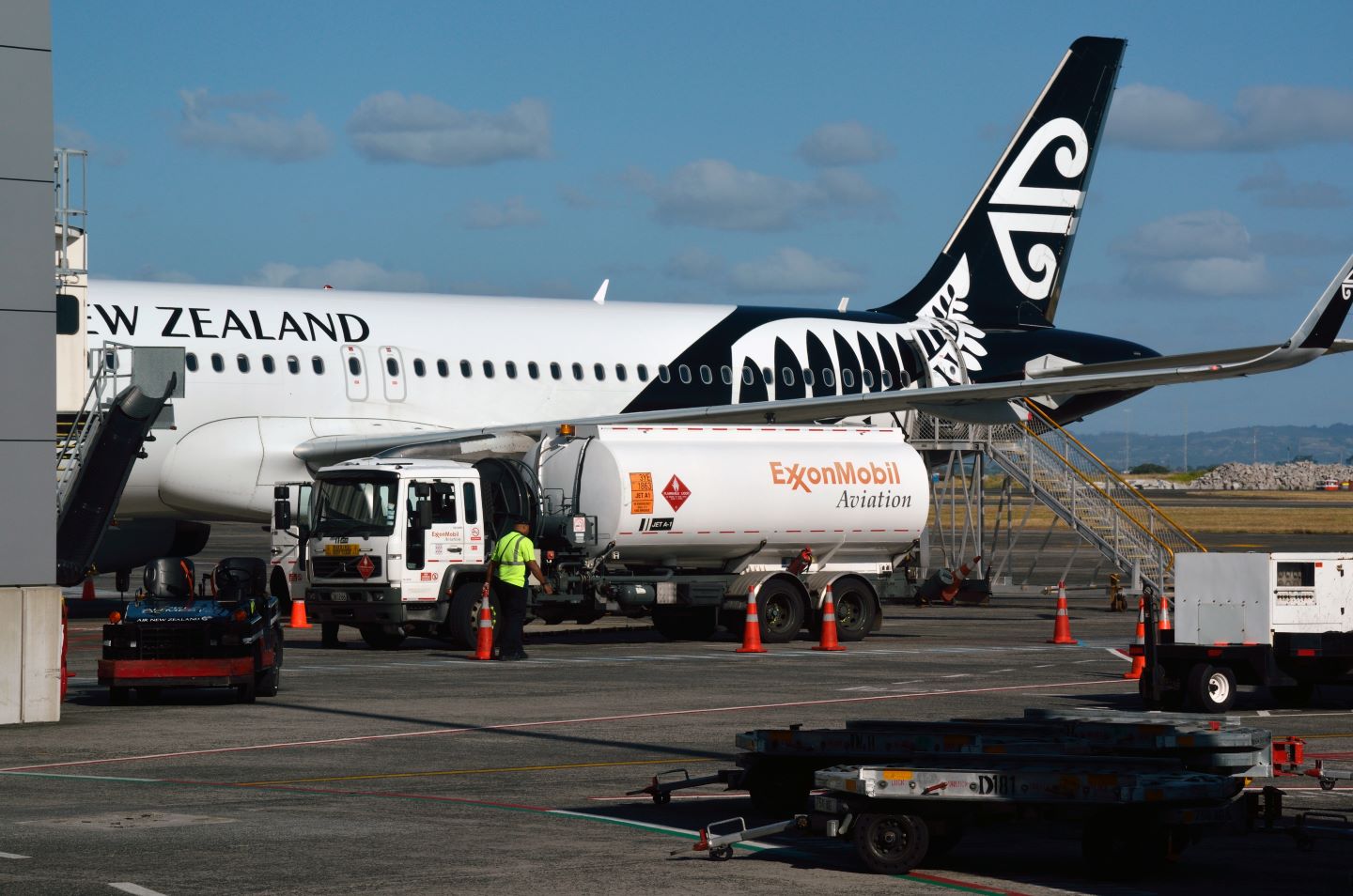
Flag carrier Air New Zealand (ANZ) and the New Zealand (NZ) Government have announced today a $2m investment in the next phase of studies to investigate the viability of generating sustainable aviation fuel (SAF) in Aotearoa.
The investment features a commitment of $1.5m from ANZ and an additional $765,000 from the government made at the launch of the draft Tourism Environment Action Plan (ITP).
The NZ Government have stated the aims of the ITP which include transforming Aotearoa, New Zealand to a regenerative model, one that gives back more than it takes from the environment, people and communities.
ANZ chief sustainability officer Kiri Hannifin emphasised the airline’s gratitude for the support from the government and underlined ANZ’s goal of transforming aviation towards a low-carbon future: “Our climate is worsening at a rate far faster than predicted. We all need to take immediate and drastic action to protect what we love, including our land and all that depends on her.
“So much of what we rely on in Aotearoa is based on our magnificent natural assets including tourism and food production. ANZ has a significant role to play in transitioning our economy to a lower carbon future and flying with SAF is a key part of this transition.”
ANZ has stated in its 2022 sustainability report that the initial focus of the programme was to foster broader partnerships that identify as Māori owned or as social enterprises, which feature supporting local communities and businesses.

US Tariffs are shifting - will you react or anticipate?
Don’t let policy changes catch you off guard. Stay proactive with real-time data and expert analysis.
By GlobalDataThrough expanding their cargo operations for Aotearoa’s critical import and export industries, with 108,000 tonnes of cargo carried around the globe, including close to 44,000 tonnes of New Zealand exports, ANZ is able to foster a robust programme which supports the market and community.
Furthermore, ANZ stated in its SAF report that establishing a SAF industry in New Zealand would create skilled jobs benefitting the regions, both in the construction and operational phases.
Hannifin added: “Globally, SAF is in very high demand but limited supply. Commercially producing SAF in New Zealand would not only help lower the country’s emissions while creating jobs, regional economic development and Māori and Iwi investment opportunities, but also provide energy security and energy independence which is something New Zealand doesn’t have.”
This partnership follows previous plans for the extensive setup of SAF production in New Zealand, which includes previous ventures such as flight NZO and its collaboration with Embraer on sustainable aircraft.
Additionally, SAF has the potential to reduce 80% of global carbon emissions compared with conventional jet fuel and ANZ has emphasised its determination to grow an SAF market.
ANZ are delivering on commitments stated in its 2021 SAF report to “close the commercial gap between SAF and fossil-derived jet fuel in New Zealand” through prior endeavours and this current investment, as the company have established that “additional studies, collaboration, supply chain development and investment are critical to establishing a SAF market”.



